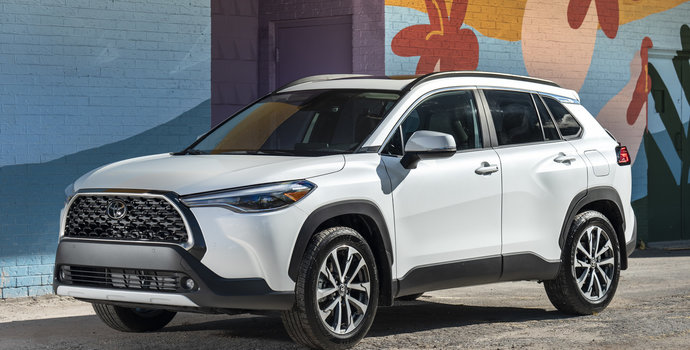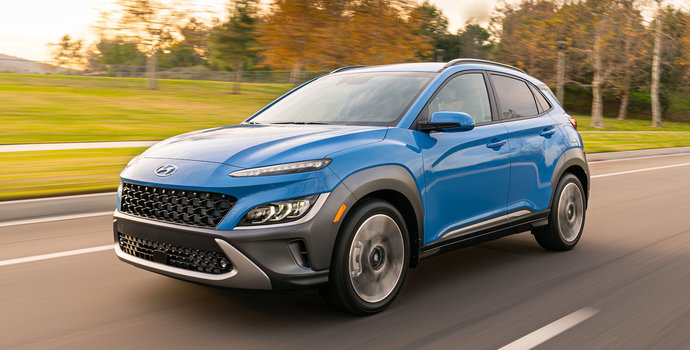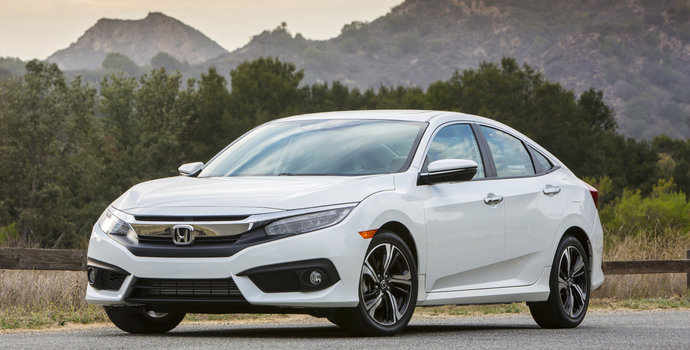One of the most important aspects to consider when purchasing your next vehicle is calculating your auto budget. As we all know, owning a vehicle necessitates expenses in addition to the monthly payment for the vehicle. Here are some additional expenses to consider when purchasing a vehicle to ensure that it fits within your budget.
Fuel
The primary expense that must be considered is undoubtedly fuel. Filling up your car can easily add several hundred dollars to your monthly expenses. To calculate your total fuel expenditure, take the number of kilometres you will travel in a year, divide it by 100, multiply it by your vehicle's average fuel consumption rating per 100 kilometres (data that is very easy to find), and then multiply the result by the cost of a litre of gasoline in your region. The total cost is then calculated by dividing the result by 12.
Registration and Insurance
These costs are lower than those associated with gasoline, but they are still significant. These costs must be at least $1,000 per year and may be higher if your insurance history includes claims or if you are a young driver.
Tires and Maintenance
You don't have to buy tires every year, but you should budget for them. It is also critical to budget for maintenance and oil changes. All of these costs can add up to more than $1,000 per year.
Plan for at least 30% of the monthly payment in additional expenses to ensure you have enough money to cover the costs of ownership.






